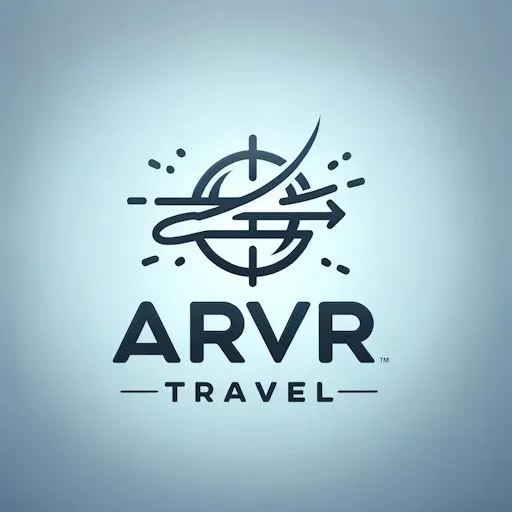Virtual Reality (VR) is a transformative tool for training travel professionals and tour guides. This cutting-edge technology provides an immersive, practical, and efficient approach to developing essential skills, preparing individuals for real-world challenges in the travel industry.
How VR Enhances Training for Travel Professionals
1. Immersive Destination Training
VR allows trainees to virtually visit and explore destinations across the globe. Using this technology, travel professionals can familiarize themselves with:
- Landmarks and Routes: Learn key routes and site-specific details.
- Cultural Nuances: Understand the traditions and etiquette of different regions.
- Local Histories: Gain deeper insights into a destination’s historical significance.
Resources:
- Explore how VR destinations are reshaping the travel industry here.
2. Crisis Management Scenarios
Training in VR offers realistic simulations of emergencies, equipping guides to handle situations such as:
- Natural disasters.
- Medical emergencies in remote locations.
- Crowd control during unforeseen events.
This approach develops problem-solving skills and enhances calm, effective decision-making under pressure.
Case Study:
A guide learned to manage large crowds effectively during simulated city festivals using VR-based training modules. Discover more examples here.
3. Customer Interaction Skills
Through VR, guides can simulate interactions with diverse client groups. Key benefits include:
- Practicing effective communication across language barriers.
- Developing strategies for managing complaints or conflicts.
- Gaining confidence in addressing cultural differences.
Benefits of VR Training in Travel
Eco-Friendly and Cost-Effective
VR reduces the need for actual travel during training, lowering costs and environmental impact. Training modules can be scaled globally, making them accessible to a broader audience.
Repetition and Feedback
Unlike real-world training, VR allows professionals to practice scenarios repeatedly. Instant feedback helps refine skills more efficiently than traditional training.
Applications of VR in Travel Training
1. Cultural Sensitivity Training
Travel professionals can practice engaging with various cultures, learning appropriate behaviors, and understanding different societal norms.
2. Virtual City Tours
Guides can explore detailed, interactive models of cities to prepare for live tours. VR city tours simulate everything from quiet museums to bustling streets.
3. Language Immersion
VR supports multilingual training, enabling guides to practice language skills with simulated clients in real-world settings.
Conclusion
As VR technology continues to evolve, its impact on the travel industry will expand, offering more immersive, effective, and accessible training methods. By integrating VR into professional development, travel businesses can ensure their guides are well-prepared to deliver exceptional experiences.
Visit www.ARVRTravel.com to stay updated on how VR is transforming the travel industry and shaping the future of training for travel professionals!
